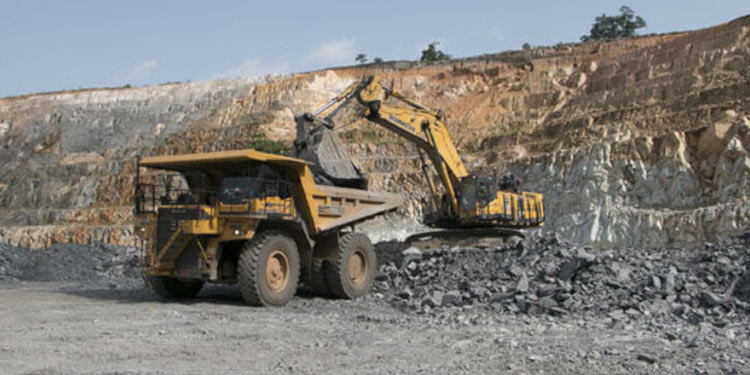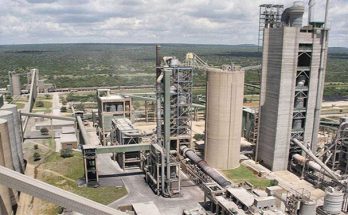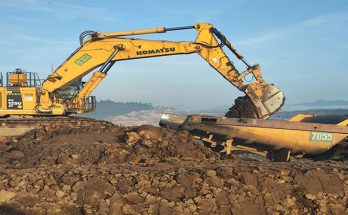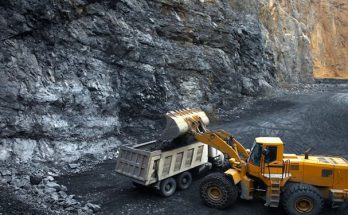
The investment by the world’s largest miner comes as Tanzania attempts to repair its relationship with the mining industry in the face of rising global nickel demand.
As demand for the metal needed to build electric car batteries develops, Anglo-Australian mining giant BHP has invested USD 50 million in Tanzania’s Kabanga Nickel, with a second $50 million investment conditionally approved.
After BHP unbundled Perth-based metals company South32 in 2015, which runs mines in South Africa and Australia, the investment signifies a return to Africa’s mining industry.
The deposit at Kabanga has in-situ nickel equivalent resources of 1.86 million tonnes. The mine is expected to begin production in 2025, with a minimum annual nickel production of 65,000 tonnes expected during the mine’s estimated 30-year life.
Kabanga will also produce 4,000 tonnes of cobalt per year at full capacity, a metal obtained as a by-product of nickel mining and utilised in lithium-ion batteries and the production of high-strength alloys.
The project is a collaboration with the Tanzanian government, which has a 16 percent stake through Tembo Nickel Corporation, a local partnering firm. Kabanga was Tanzania’s first significant mining project to be granted a mining license in a decade. Kabanga Nickel Limited is a private corporation based in the United Kingdom.
The Kabanga Nickel project, which is partially state-owned, marks a new era of collaboration with the international mining industry under Tanzanian President Samia Suluhu Hassan, following an era of resource nationalism under his late predecessor John Magufuli, who aggressively sought to increase mining companies’ contributions to the Treasury.
BHP’s investment of USD 40 million will help the mine develop faster, while USD 10 million will go to Lifezone, a technology and development company that owns a patented process for producing battery grade metals using a hydrometallurgy technology that uses less energy and emits fewer pollutants than traditional smelting.
Future investment tranches in Kabanga Nickel have been negotiated subject to certain conditions, including the second tranche of USD 50 million, and BHP has gained the right to make additional investments if certain benchmarks are met.




